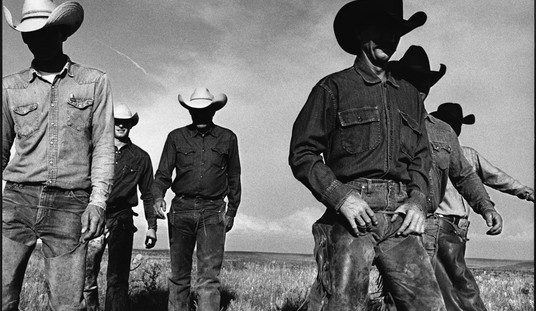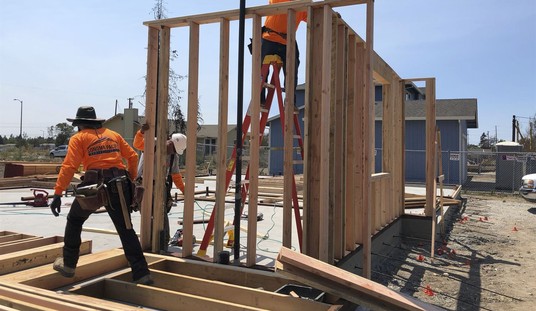By Robert Holland
Most Americans probably are at least vaguely aware of the National Assessment of Educational Progress (NAEP). Its unofficial name is “The Nation’s Report Card,” and it has been around for a long time—since the early 1970s. Despite being housed within the U.S. Department of Education, NAEP’s sampling of fundamental student knowledge at grades 4, 8, and 12 generally has served as a reliable gauge of how well (or poorly) the latest education fads—such as Common Core standards—are working.
Let us hope that practically all Americans know about the Declaration of Independence, the document that asserted this nation’s independence from Great Britain on July 4, 1776. For those of you who are tragically unaware, it is the reason for the early-July holiday filled with cookouts, baseball, and fireworks.
What does the relatively modern NAEP have to do with the Declaration of Independence, which Thomas Jefferson penned and the Continental Congress signed 240 years ago? Well, on the positive side, NAEP has quizzed American kids from time to time about the Declaration and other seminal documents and events, and it has set off an alarm as to their average level of knowledge being appallingly low.
It also has some rather disturbing connections as well. For insistence, the National Assessment Governing Board (NAGB), which sets NAEP policy, has put “The Nation’s Report Card” crosswise with the spirit of liberty that permeates the Declaration. It has done so by setting in motion new plans that would expand NAEP beyond assessing students’ knowledge of academic content, adding the harvest of so-called socio-emotional data on them. Probing such nebulous factors as “grit,” “desire for learning,” and “school climate” will enable the government to track and potentially manipulate students’ attitudes.
Certainly, the Founders never sanctioned such statist intervention in families’ lives. The Declaration’s most memorable pronouncement—the one that still inspires freedom-lovers worldwide—suggests government is not the source of rights or the ultimate arbiter of morality: “We hold these truths to be self-evident, that all men are created equal, that they are endowed by their Creator with certain unalienable rights, that among these are life, liberty, and the pursuit of happiness.”
In writing that proclamation and the ensuing list of grievances against British authority, Jefferson drew from the philosophy of natural rights espoused by John Locke and other English theorists—and before them, the ancient Greeks. Natural rights are those that people possess as a gift from God or nature and that government may not deny.
In a keen analysis of Locke’s 1693 essay, Some Thoughts Concerning Education, Cato Institute scholar Jim Powell wrote in an August 1996 article for the Foundation for Economic Education, “Thomas Hobbes had insisted that education should promote submission to authority, but Locke declared education is for liberty. Locke believed that setting a personal example is the most effective way to teach moral standards and fundamental skills, which is why he recommended homeschooling. He objected to government schools. He urged parents to nurture the unique genius of each child.”
With regard to NAEP’s impending intrusion on individual rights, there are alert Americans who do not intend to stand for it. The American Principles Project this week joined Liberty Counsel—a legal-aid nonprofit supportive of religious liberty—and dozens of other organizations in protesting to three congressional committees that NAEP will be violating federal law prohibiting assessment of “personal or family beliefs or attitudes” if it incorporates socio-emotional probes into its academic testing.
If NAGB instead tries to sneak in the psychological probing with a background survey accompanying the test, that could violate a separate federal law requiring that parents be allowed to inspect such questioning beforehand, the activists contend.
In a letter to the congressional committees, Liberty Counsel attorney Richard Mast argued psychological data collection “contains a substantial risk of exposing the subject children to possible negative consequences in their later schooling and employment careers, to the extent that even supporters of such assessments are concerned; and it will entrust extremely sensitive data to agencies that are no longer governed by serious privacy law and that have proven they cannot or will not keep personal student data secure.”
What if Congress turns a deaf ear to intrusions on personal rights not all that different from the authoritarian actions Jefferson protested in the Declaration of Independence?
Short of a long court battle, protesters could exercise their right to opt out of the objectionable testing, just as parents coast to coast have done with Common Core assessments. Yes, participation in NAEP testing is voluntary, but if citizen activism made it difficult for NAEP to draw on representative samples of K–12 enrollments, NAGB just might decide to stick to the important task of being “The Nation’s Report Card.” And natural rights would prevail once again, as they did with the American Revolution.
Robert Holland ([email protected]) is a senior fellow for education policy with The Heartland Institute.














Join the conversation as a VIP Member